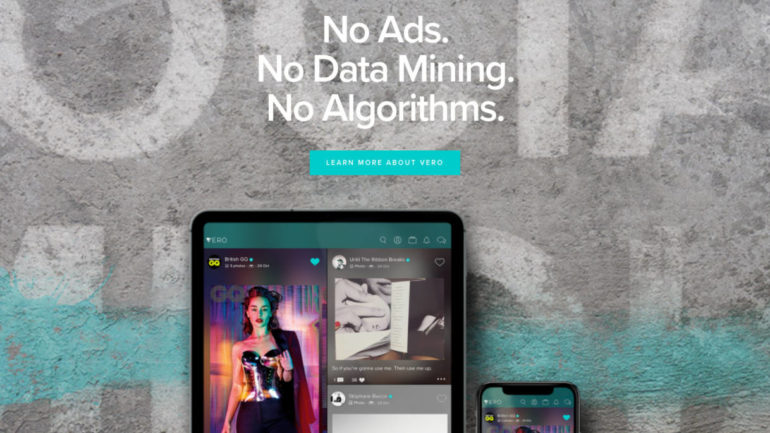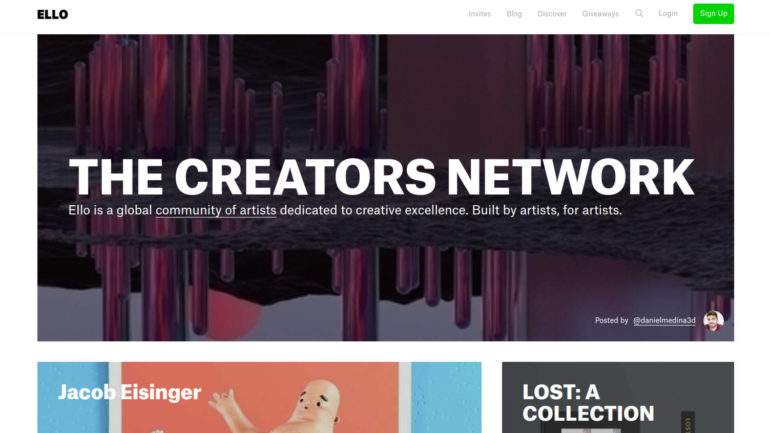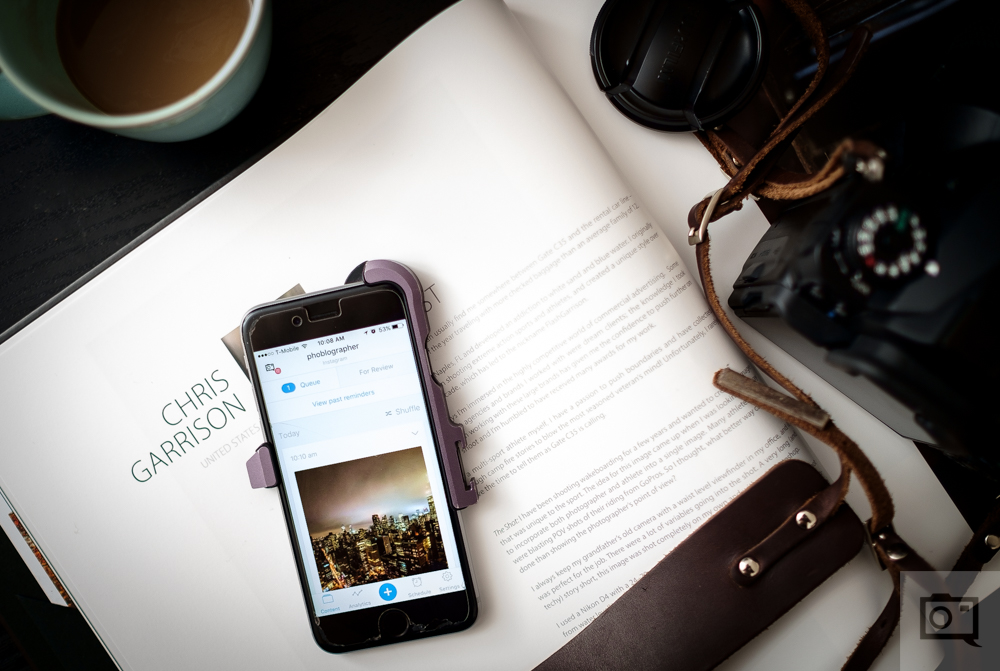Last Updated on 10/01/2020 by Chris Gampat
We can’t keep complaining about Instagram if we continue to be part of the problem.
When Instagram was first released in 2010, it generated excitement like no other app had previously done in the photographic community. Before that, Flickr was the go-to platform for sharing photographic content. But, because of the sheer reach and simplicity Instagram offered, the tide changed, and with it millions of people fell in love with the photo-sharing app – a love that would eventually turn sour.
In the early days of Instagram, algorithms were not as prominent as they are today. The process of using the app was simple. Share an image and your followers would see it chronologically with the other images shared from different accounts they followed. Photographers had great success with this model, building a high follower count and engagement in the process.
But Instagram is a business. And the main objective of a company, other than delivering a quality product, is to make money. No income = no company = no platform. So, Instagram went down the traditional route most digital platforms take, and turned to sponsored advertisement to bring in a stream of income.
“We want everything to be perfect for us, regardless of how that impacts the people who provide us with a platform.”
“There are too many ads. It’s no longer about the integrity and quality of the photographic practice,” people cry. To be fair, Instagram was never about the integrity and quality of the photographic practice: that’s the responsibility of the photographers. Instead, it offered a space that made it easier – at least in the beginning – for photographers to get their work out there.
Ads are frustrating, but they’re essential for ensuring that digital platforms can keep the lights on. For me, even more frustrating are the constant algorithm changes that make it difficult to keep up with the crazy mind of the Instagram machine. But, there is a solution: we could just leave if we don’t like it.
Where to Go Instead of Instagram

There are alternatives out there. For example, 2015 saw the launch of Vero, a social media app that aimed to tackle all that was wrong with Instagram. That means no algorithms and no ads. Great! But, of course, nothing in this digital world of business is free. So the money being lost through not having ad revenue means the app has to source income through alternative avenues. And that means passing the cost to the consumer in the form of a subscription fee. “Well, we shouldn’t have to pay for it,” people complain.
“…the truth is we’re not going to get the perfect utopian app that we all dream of. And to more brutally honest, we don’t deserve it.”
There’s also the app Ello. “Built by artists, for artists,” their tagline reads. It was a concept that aimed to bring the creative community together. A platform where people could share their work, collab, and even get paid gigs. The site is free at the point of use. However, it offers premium features and even apparel as a means to generate income. It’s another concept that goes against the Instagram model. To say it has failed would be an overstretch, but with only a few hundred thousand users, it’s by no means playing in the same park as its competitors (most of all, Instagram).

The reason for Ello’s lack of success is another issue we are a part of. If it’s not money we’re complaining about, it’s the number of people we can reach. We want millions and millions of followers, but only Instagram (and Twitter/Facebook) gives us the ability to get them. The truth is, most of us will never get that crazy number of followers. The people that do often have to be content with the fact many of the followers are fake or inactive accounts.
Put Up or Shut Up
At present, despite there being alternatives, we want most of what Instagram can offer, without a few annoying elements. Well, the numbers don’t lie, and the truth is we’re not going to get the utopian app we all dream of. And, to be brutally honest, we don’t deserve it.
Society, especially in the digital era, has become entitled. We want everything to be perfect, regardless of how that impacts the people who provide us a platform. We can’t have it all our way, and unless we’re prepared to put our hands in our pockets or be part of a platform that is still growing, then we truly should just put up or shut up with the current way Instagram does business.


